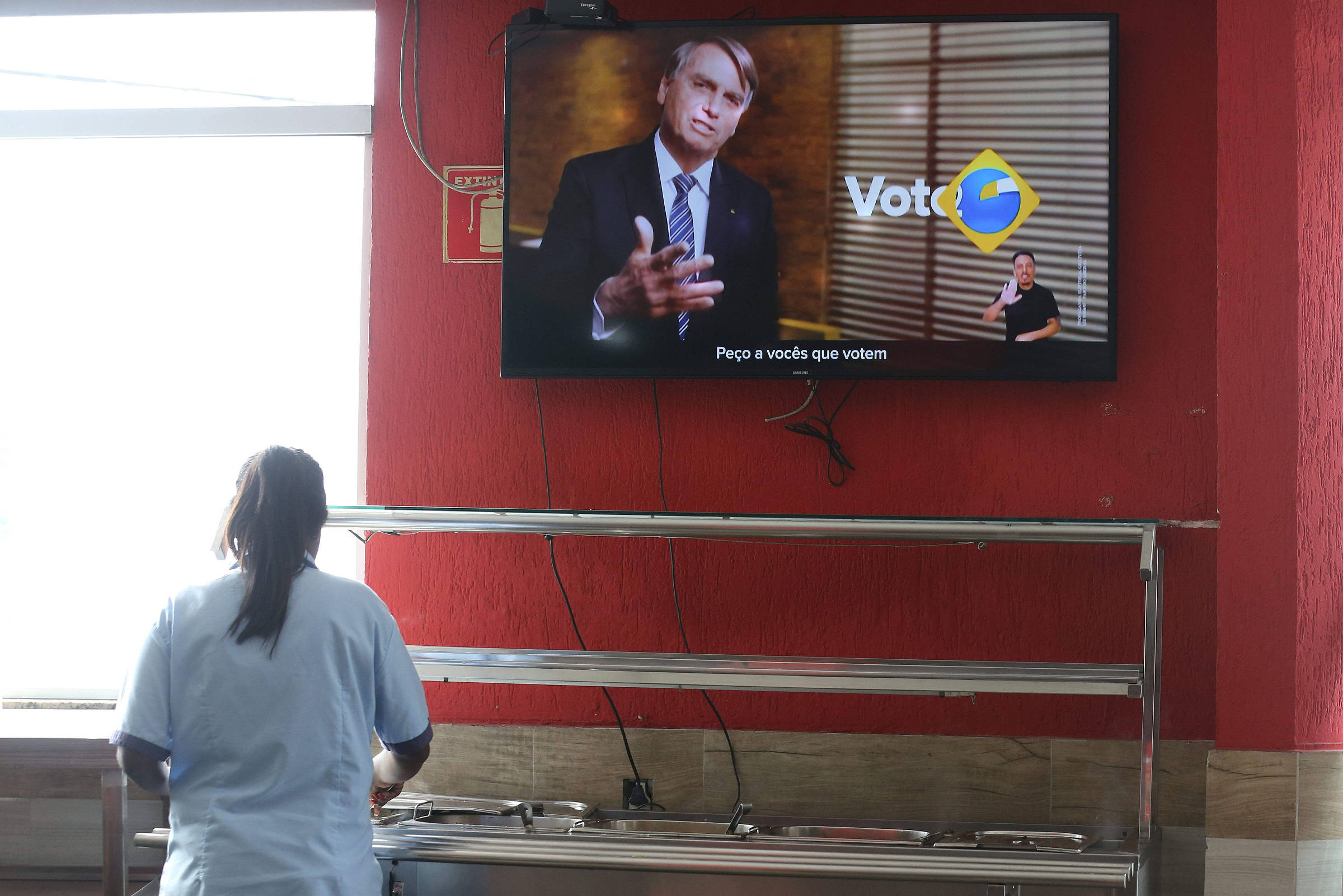After a long day at work or school, before the Internet changed the way we accessed entertainment, mind-boggling television programs were a cup of water for parched sips. “I want to watch something that doesn’t make me think about anything,” a phrase that conscience takes from the confines of a hot head as a last call before going to bed to wake up in a few minutes and start a new endless day.
Suddenly, the cut tears the canvas and heralds the end of the world. Obligatory, free electoral time, or “political time”, begins, and again numerous cramped houses are forced to receive uncomfortable subjects in their few rooms. People who can’t fit in so empty or pretend to be full. With mobile phones, just turn off the TV and go in search of less annoying content. However, there was a time when this possibility did not exist.
Among the cults of self-proclaimed high culture, communication and social scientists still talk about the masses without political consciousness, and for this reason they despise – or unknowingly do not understand – such content. They live by theory. As for those who are blessed and baptized with the hardened hands of practice, the aversion to election campaigning is also born as a response to the vice that the “thinking elite” of the country maintains in their not very intimate proximity. This is an underestimation of the perceptual capacity of people who suffer daily from the world.
Political timetable, political debate and familiar rhetoric, yes in the favelas, in the alleys, in the bars and anywhere else, feet that have made several sorties out of life. They say that it is difficult to explain the economy to the people. Talking about people is now easier, others demonstrate. However, nothing compares to speaking to people. Three minutes to talk to a lady who works as a maid and knows what I’m talking about; you worker, feel what I’m saying; I walked around the outskirts; I talked to marginals; I ate pastries; I ported Juliet; I saw real entrepreneurs!
In three minutes they speak with thirty-three million silent, hungry mouths.
Housewives understand. Doormen and the unemployed understand. Young people are forced to act out the best years of their lives in order to support their elders. Knowledge comes from the concrete. Open the pantry and find the bran. Look at your bills and figure out what foods you need to cut back on so you can lather up boiling water for worry or leave the fridge running even when it’s empty.
What does the population, most affected in four years, want but a washing away storm? The function of voting is to change the climate, to turn back the clock, and there are undoubtedly risks. You don’t have to put on a jacket and put in a lexicon in an almost comical but actually entropic conversation with the most knowledgeable to explain the rain in the favela – which also suffers as it flees the deforestation in the north. Not the economy, because the count of money determines the mathematics of the end and beginning of the month. The coin, the extinct candy exchange, the immortal loan, it all matters. For those who refuse to multiply even a loaf of bread, it is recommended to keep complex explanations.
The current political scenario is not new for residents of remote centers. He knows he will have to choose. Every corner, in its universality, turns politics into an experiential experience of what it means to negotiate what you don’t have in order to have something—even if it’s debt. It means to publicize restrained suffering, hidden from shame to see the dignity that father and mother, grandfather and grandmother left as a legacy, through sweat, and not through drops of a good foot of water.
Four years will end and no political timetable can hide them. Seconds remain on the clock of the desperate, who know as well as those who are the source of their terror that their time will come.
Look into the camera, say good night, ask to talk to the worker, the unemployed and try to convince them that your fear is not really their memory. The one that comes with the storm.















